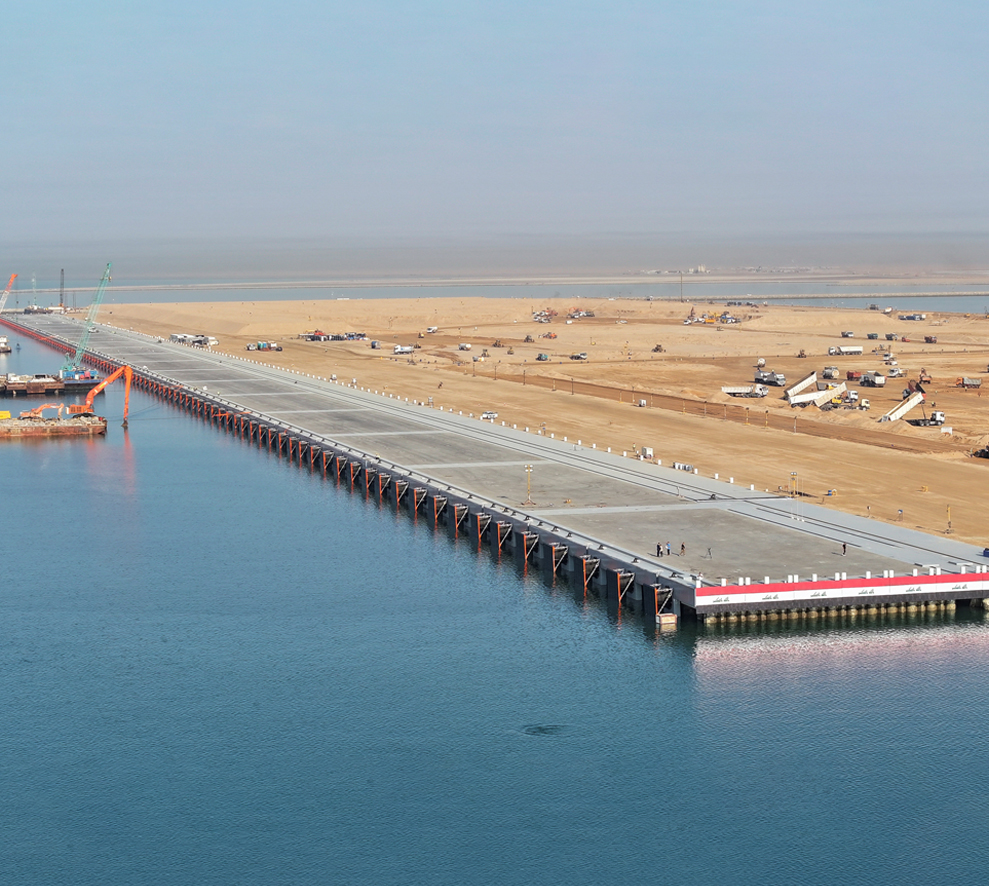Analyses
Syria: the Future of the State of Uncertainty
The Syrian-Iraqi Border: Reshaping the Geopolitical Space of the Middle East
Op-Ed
Real clear world: A former terrorist inside the white house
Op-Ed
NYT: The President and A Former Terrorist Meet at the White House
Syria: the Future of the State of Uncertainty
The Syrian Unity Predicament: Files of Sovereignty, Security, and the Kurdish Issue
Palestinian-Israeli conflict
Trump’s Plan: Second Phase Scenarios
Filter by:
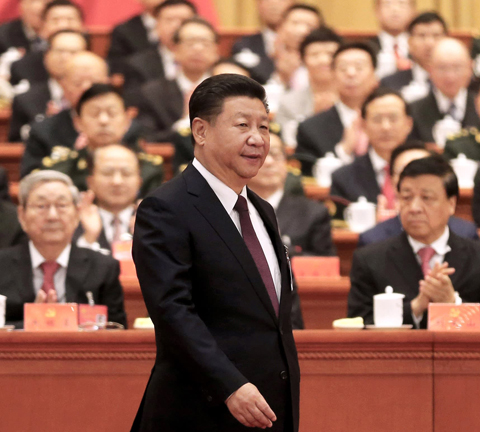
The Middle East from the perspective of Chinese national security
Policy Analysis| The paper sheds light on the Chinese national Security Law, in an attempt to determine the position of the Middle East in the calculations of this Law. The paper explains the differences this Law has comparing to its American counterpart of a geostrategic nature. The paper foresees the future of the Chinese presence, impacted by the international competition with Washington, the matter which necessarily requires examining the mechanisms of possible "clash" between China and the United States in the region, and the repercussions of such clash on regional security.
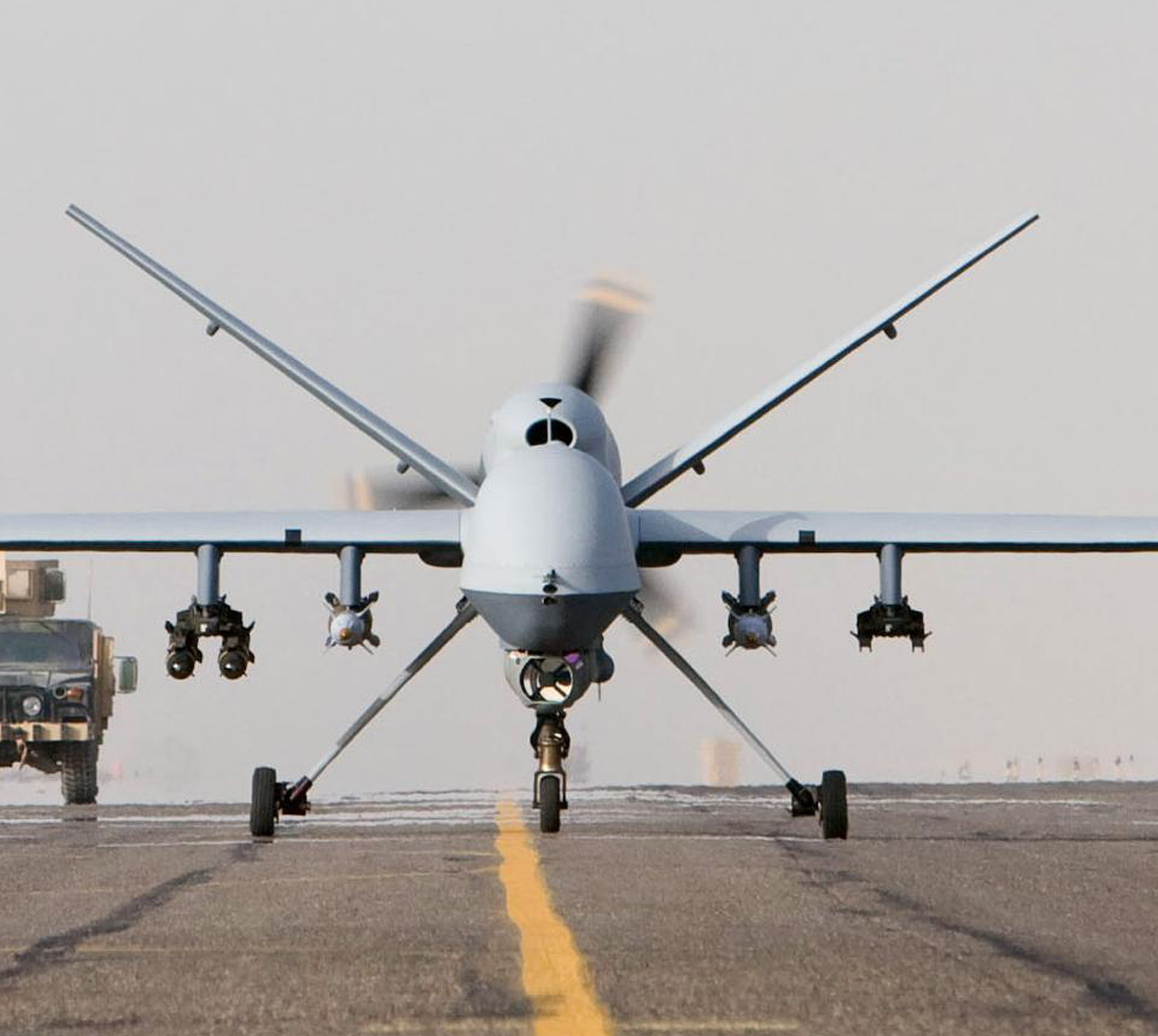
The “Decapitation” Strategy, Impact and Effectiveness: Al-Aqal and Al-Zawahiri as a Model
Policy analysis| This analysis examines one of the most prominent strategies in the context of counterterrorism, known as the "hard hammer" or "Decapitation" by the leaders of terrorist groups. As well as the historical development and the effectiveness of this strategy in creating, leadership gaps within terrorist organizations, and crises in choosing a successor, where such crises reached the point of divisions and defections. This analysis, then, addresses the decline and end of those organizations.
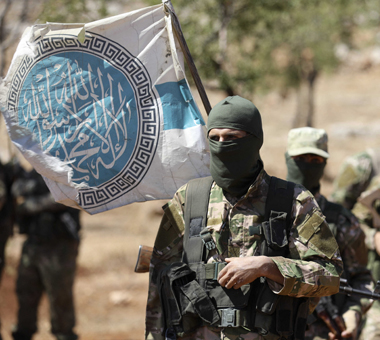
Al-Julani's Statelet
This strategic study examines China's major strategy in imposing its sovereignty on the regional seas, in order to evade the imposed sanction over it by the U.S. security arch in the Pacific ocean. The paper presents answers to questions such as: Would the Chinese strategy be able to break down 125 years of the U.S. domination on the Pacific, and eight decades of absolute hegemony in that area, as such hegemony was recently used to besiege China? What are the dimensions, levels, and motivations of the U.S. besiege on China? Why did the Pacific become the U.S. priority at the onset of this century? Would China be able to break the current international system's rules and entrap the U.S in an investable military confrontation, in order to determine the new international system shape? Does the current Chinese power allow itto dismantle the hydra head-shape alliances in the Pacific? And when would the Chinese be able to take that step?
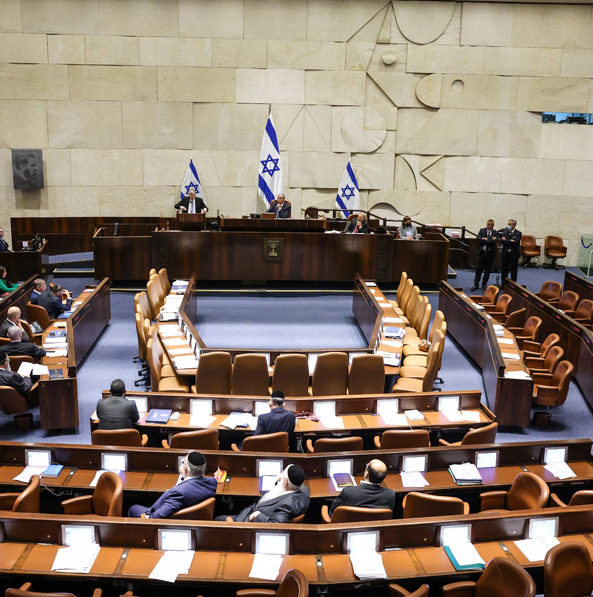
What’s after the Decision to Dissolve Knesset?
This paper addresses the decision of the Israeli Prime Minister, Naftali Bennett's, to dissolute the Israeli Knesset, and head towards early parliamentary elections, after he failed to pass (Extending judicial proceedings in the West Bank) law. This paper also addresses the future of that law in light such situation, the nature of the anticipatory context of that decision, and its main objectives. As well as possible last-minute options for the future of the government coalition in Israel.
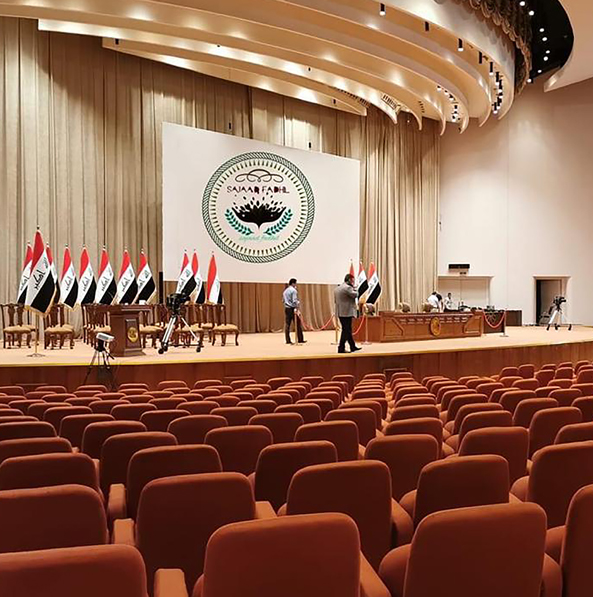
The withdrawal of the Sadrist alliance opens the door to new scenarios
The paper represents a reading of the political scene in Iraq after the resignation of the Sadrist movement's members, and attempts to explain the reasons for this resignation and its merits. It draws future scenarios that the Sadrist movement may resort to for solving the political gridlock in the country
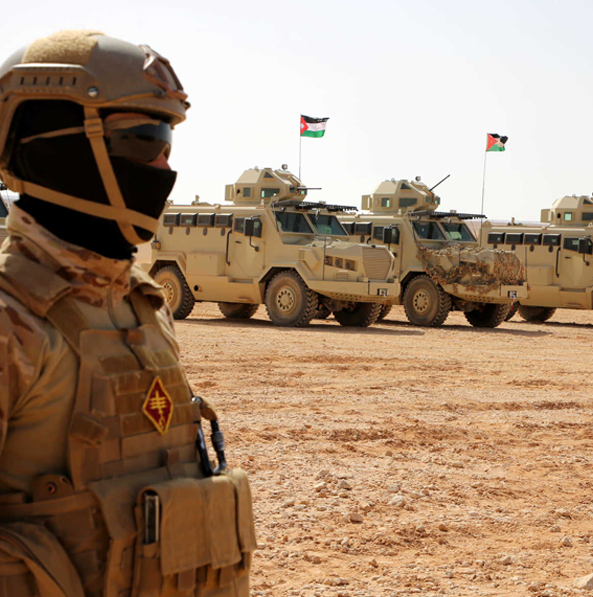
What is new in Jordan's war on drugs?
This paper addresses challenges on Jordan's northern borders, especially in light of talk of a Russian withdrawal, which may strengthen the control of Iranian-backed groups responsible for cross-border drug smuggling.

The Government of Impossible Balances: Scenarios and Policies
This paper addresses the scenarios after the Knesset and the left-wing Meretz Party member, Ghaida Zoabi's, resigned from Israel's government coalition, then retracted her resignation, as well as the
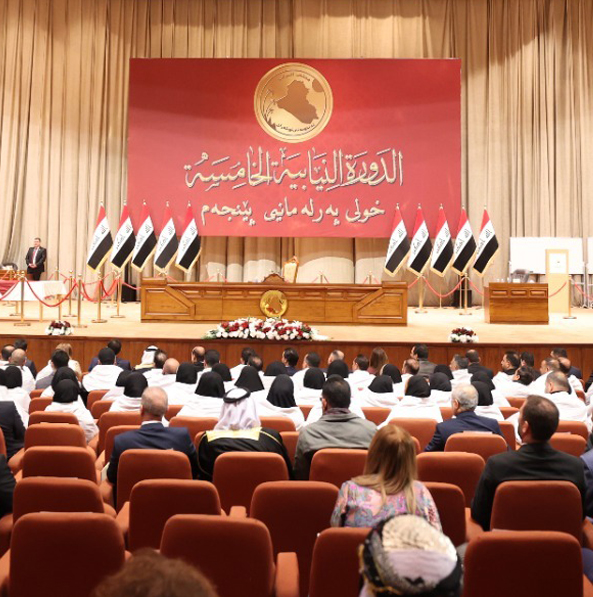
The independents have a hand in the Iraqi government formation crisis
This policy paper presents a reading of the phenomenon of independents candidate in Iraq, with its dimensions, causes, and repercussions on the current political scene, especially in their role as an alternative to traditional forces, and as a third party in the Iraqi government formation crisis.
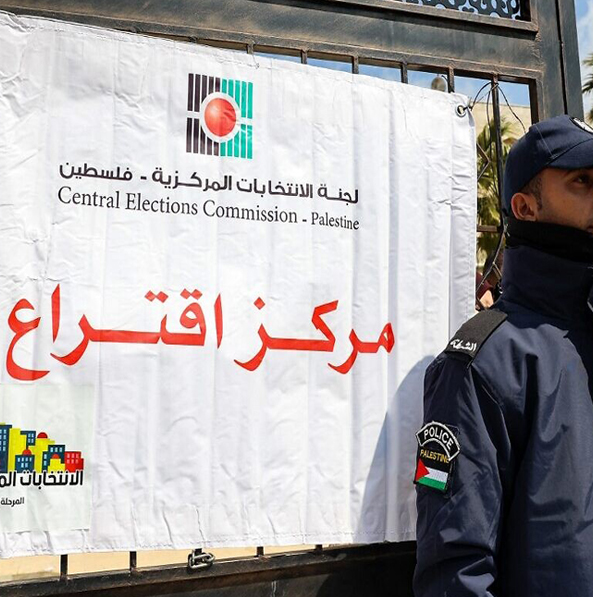
A Detailed Reading in the West Bank Local Elections
This paper tackles the results of the second round in the local Palestinian elections within the West Bank which were held on March 26th 2022. The results attempt to present a detailed reading where they assume that these elections acquire political dimensions in the Palestinian Status and they will have consequences on the future of the political conditions particularly in the West Bank.
